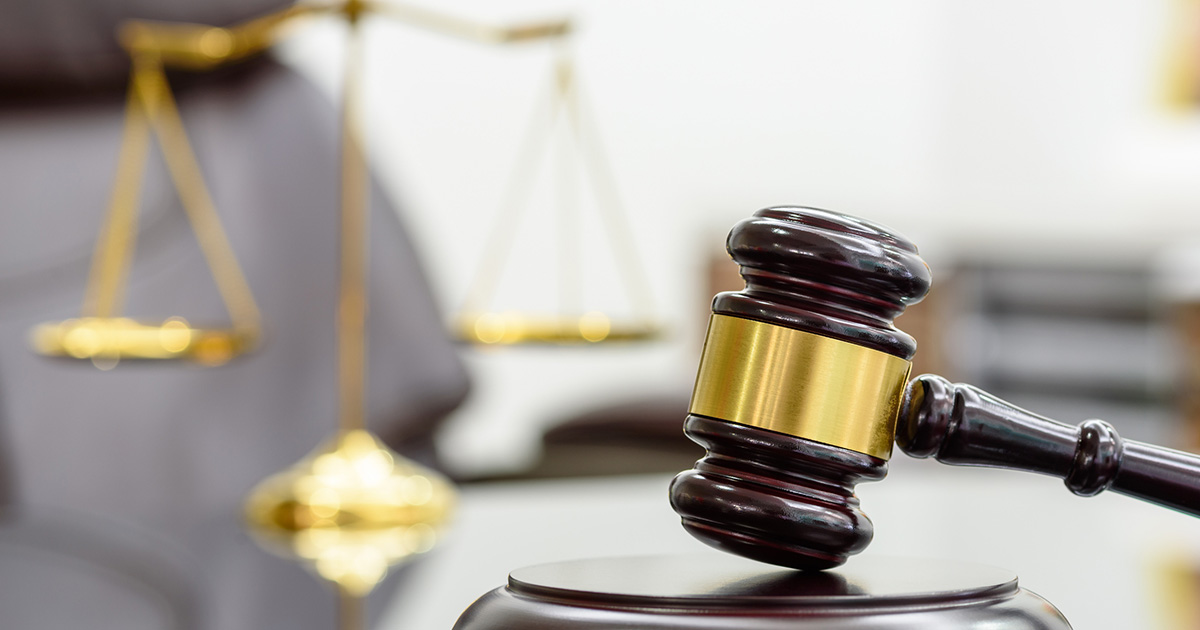
April 2, 2025 – An appellate fast break by the Wisconsin Attorney General last weekend failed to net an emergency injunction, and Elon Musk gave away $2 million from his America PAC at his Sunday evening rally.
Attorney General Josh Kaul sought the preliminary injunction because his office believed the planned giveaway violated statutory prohibitions in Wis. Stat. section 12.11(1m) on giving anything of value to encourage voting, in this instance, yesterday’s Supreme Court election.
Musk has shown support for Supreme Court candidate Brad Schimel. Media reported that Schimel did not attend Musk’s Green Bay rally.
 Jay D. Jerde, Mitchell Hamline 2006, is a legal writer for the State Bar of Wisconsin, Madison. He can be reached by email or by phone at (608) 250-6126.
Jay D. Jerde, Mitchell Hamline 2006, is a legal writer for the State Bar of Wisconsin, Madison. He can be reached by email or by phone at (608) 250-6126.
After an alleged lack of response by the circuit court and denial by the Wisconsin Court of Appeals, Kaul submitted an Emergency Petition for Original Action and Emergency Motion for Temporary Injunction at the Wisconsin Supreme Court, which also denied the request.
$1 Million Checks
On March 27, according to Kaul’s memorandum in support of the emergency petition to the Supreme Court, Musk posted on X a statement that admittance to the Sunday night rally was “limited to those who have voted in the Supreme Court election. I will also personally hand over two checks for a million dollars each in appreciation for you taking the time to vote.”
In a letter with the same date copied in an amicus brief by Law Forward in support of the supreme court emergency petition, Law Forward submitted to Kaul and Milwaukee County District Attorney Kent Lovern a request to investigate potential violations of the election statute.
Although Law Forward favors “progressive” political positions against “right wing attacks,” signatures on the letter included several individuals with a history of supporting Republicans.
The letter described America PAC’s offer of $100 for Wisconsin registered voters to sign a petition in opposition to “activist judges,” including an award of $1 million to a “spokesperson.” America PAC announced its first spokesperson on March 27.
The next day, according to Kaul’s emergency petition, Musk posted a correction on X that “[t]o correct a previous post, entrance is limited to those who have signed the petition in opposition to activist judges.”
Circuit Court
On that same March 28, the Attorney General’s Office filed a complaint in Dane County Circuit Court seeking a temporary restraining order and injunction against Musk and America PAC to prohibit the Sunday giveaway.
Random assignment gave the case to Judge Susan Crawford, Schimel’s opponent in the Supreme Court race. She recused herself.
The case was reassigned to Columbia County Circuit Court Judge W. Andrew Voight in Portage. Kaul alleged in his petition to the court of appeals that the circuit court “refused to hear the motion for a temporary restraining order prior to the event on Sunday,” according to the court of appeals’ order.
Court of Appeals
Again, on March 28, the Attorney General’s Office filed a petition for supervisory writ from the court of appeals, District IV, in State of Wisconsin ex rel. Josh Kaul v. Musk, 2025AP646-W (March 29, 2025).
In an order from before the panel of Presiding Judge JoAnne F. Kloppenburg and Judges Brian W. Blanchard, and Rachel A. Graham, the court of appeals on March 29 turned down the request.
The order summarized that “the petition fails to show that the Attorney General is entitled to any form of relief that this court can provide.”
The Attorney General’s petition to the court of appeals “does not provide any details about an alleged refusal, such as the manner in which any refusal was communicated to the petitioner or any reasoning that the court provided,” the court’s order explained. “And, the petition does not allege that the circuit court denied the petition.”
The filing, the court of appeals explained, is not an appeal but a petition for a writ, which is an original action to the court. But, “this court has original jurisdiction to hear a petition for a writ only if the petition is related to our supervisory or appellate authority over circuit courts.”
The court of appeals could act, it explained, only if the petition had asked the court of appeals to require or prohibit action by the circuit court. To consider whether the petition asked for action within that range, the court focused on whether the circuit court failed to act within its plain duty.
The petition created two problems in reaching that conclusion, the court of appeals explained. “The petitioner’s only allegation of a violation of a plain duty by the circuit court appeals to be that court’s alleged refusal to act on the motion for a restraining order filed by the Attorney General.”
“If we were to conclude that the circuit court violated such a duty,” the court of appeals continued, “the most likely form of relief that would be appropriate would be to order the circuit court to hear the motion,” something the petition did not ask for.
The court of appeals concluded that the Attorney General had failed to show the circuit court had violated a plain duty, and therefore, the court of appeals did not issue the injunction.
Supreme Court Original Action
The day after the court of appeals decision, a Sunday, the Attorney General filed notice of voluntary dismissal of the earlier case and filed with the supreme court an Emergency Petition for Original Action and Emergency Motion for Temporary Injunction in Kaul v. Musk, 2025AP647-OA (March 30, 2025).
The memorandum supporting the request specified the Attorney General’s claim that he believed the $1 million giveaways violated Wis. Stat. section 12.11(1m), which includes as violations any offer of anything of value to “[g]o to or refrain from going to the polls,” “[v]ote or refrain from voting,” and “[v]ote or refrain from voting for or against a particular person.”
Musk and America PAC asked Justices Jill J. Karofsky and Rebecca Frank Dallet to recuse themselves. Both denied the request and promised an amended order later to explain their reasoning.
In a concurrence to the Supreme Court’s order, Justice Ann Walsh Bradley noted a possible reason for those requests to recuse – “[s]ome on the court have supported a candidate in this election which may cause them to consider recusal.”
The “rule of necessity,” however, may override recusal. Citing both U.S. Supreme Court and Wisconsin Supreme Court decisions, Justice A.W. Bradley explained, “[t]he rule indicates that a judge can sit on a case that may otherwise require recusal if recusal would prevent the case from being heard due to a lack of quorum.” Quorum on the Supreme Court is four justices.
Justices Dallet, Karofsky, and Janet C. Protasiewicz joined the concurrence.
The Supreme Court denied the petition for original action, and with that decision, denied the motion for temporary injunction as moot. It offered no explanation.
This article was originally published on the State Bar of Wisconsin’s Wisbar Court Review blog, which covers case decisions and other developments in the Wisconsin Supreme Court, the Wisconsin Court of Appeals, and the U.S. Court of Appeals for the Seventh Circuit. To contribute to this blog, contact Joe Forward.
